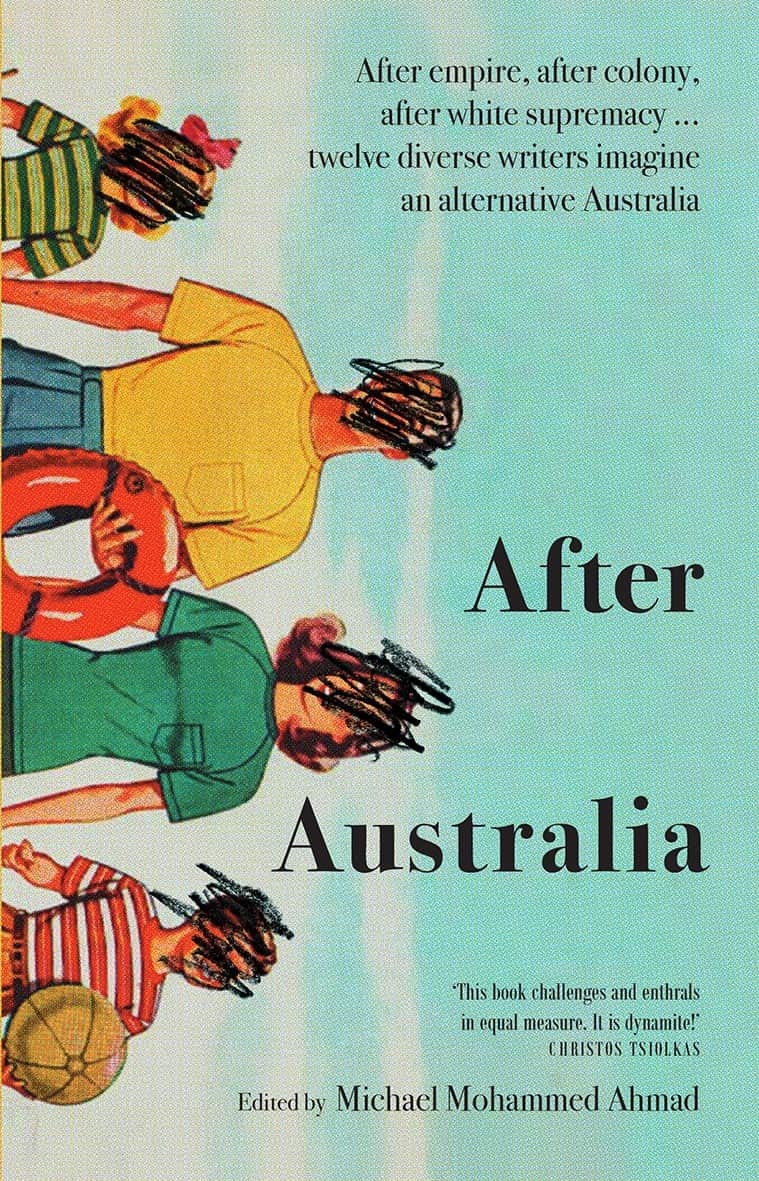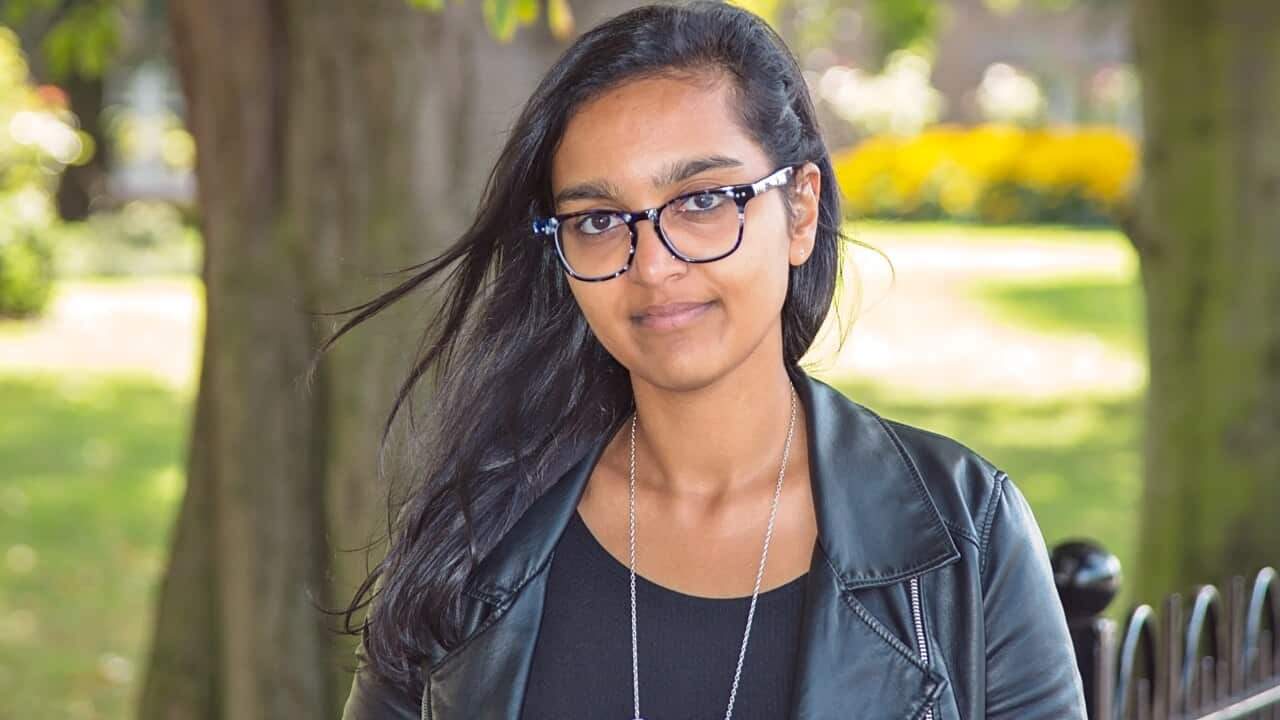FICTION
At first it was just snippets – the occasional article in the newspaper mentioning rising sea levels, the infrequent conversations between politicians about Australia’s role in the Pacific.
I was cocooned, no longer thinking of myself as rooted in the Pacific, even though both of my homes are situated in it.
Fiji felt distant, further than a four-hour flight; a place of memories, of the past. Even the people still there – grandmother, aunties, cousins – felt like they belonged in a different dimension, so far removed were they from my life.
I only had the memories, fleeting and fragmented from my early visits back to the Islands as a child. My grandmother in her worn out kameez, only in her fifties but already bent from working in the sugar cane fields, with her pocket forever full of the chewy strawberry candy that I loved so much.
My cousins, all older than me, playing complicated ball games in the dusty courtyard in front of the family farmhouse. It baffled me, even as a child, to see them so content with their meagre resources – the house old and crooked, inherited when the British left Fiji in the 1970s; the clothes, handed down from one to the other until all siblings had worn them, regardless of gender; the toys, usually made from re-appropriated household items, a broom handle with a rough piece of wood taped to the end becoming a cricket bat, a scrunched-up wad of raffia bags taped into the cricket ball.
I joined in when I was there, but they still felt like strangers to me, our lives just too different. I loved them in the weeks we were together, and forgot them for the months we were apart.
I joined in when I was there, but they still felt like strangers to me, our lives just too different. I loved them in the weeks we were together, and forgot them for the months we were apart.
But then the cyclones started. Fijians – both Indian and kaiviti – are no strangers to the storms. The wind that howls with its own voice; the rain that comes in ferocious bursts, falling as though a bucket has been tipped in the sky and the water has descended in one sheet.
But this was different. Cyclones out of season, coupled with heat that made the roads sticky with melting tar. It felt as though there was an endless amount of damage – buildings lashed by storms then suffering from power outages as the heat caused blackouts across the islands.
The villages forced to migrate to higher land went from three or four to 60, and the convoys of people began to grow, cities bursting at their seams.
I watched from my house in Sydney with a mix of fear and relief. I was an Australian now. I belonged to a different class from my relatives, safe in the first world.
When the announcement was made in Australia about the camps, I was sure it couldn’t be true. That the old immigration detention centres still existed wasn’t surprising – no one had believed it when the Government said they were closed for good – but that they would be filled once again with people from across the ocean was jarring.
The mass departure meant the economy slumped, businesses closing throughout the capital. Soon, the queues for Australian asylum grew, and we watched as one by one, our relatives joined them.
I was haunted by visions of an abandoned country – islands reverting to a wild and green state. I imagined the lush, wet foliage of Fiji encroaching on pavement, streets sprouting with weeds, vines crawling up the sides of buildings. I imagined the houses empty and looted by the stragglers remaining on the islands. I pictured the resorts, so loved by Australian tourists, subsumed into the wilderness they tried to tame.
On the internet, satellite images showed the water rising, millimetre by millimetre. I wondered how long until the islands would be gone forever. I wondered if you could be Fijian when Fiji didn’t exist.
I wondered how long until the islands would be gone forever. I wondered if you could be Fijian when Fiji didn’t exist.
I travel on the tram to my small apartment, perched tall in a skyscraper along Canberra’s central avenue. They built these boxes in the sky and priced them like castles. When I lie in bed, I tower high above the homeless who shelter sometimes under the awnings of the building’s facade.
In every movement, every space, I feel the pulsing of my family’s hearts tethered to mine by kinship. They are out there, waiting. Their home is swept away and their existence is being slowly eroded by paperwork and officials and emails and fees and errors and endless procedure.
I hate thinking of them locked inside concrete walls when they have lived their lives in a country surrounded by vegetation. My grandmother’s house sprawled across acres of green fertile land in Lautoka. The vines under the house crept up over the handrail of the front steps, and the grass was so thick, so soft, it was like carpet.
When we visited, I would run barefoot after my cousins, into the tall forests of sugarcane, unafraid of redback spiders and brown snakes. When we saw frogs and lizards, we threw our small heads back and roared with laughter, bounded after them, tried to clutch them with our little fingers. The environment was our home. We did not fear it. We did not tame it.
When we saw frogs and lizards, we threw our small heads back and roared with laughter, bounded after them, tried to clutch them with our little fingers. The environment was our home. We did not fear it. We did not tame it.

Source: Supplied
Sugarcane grew wild, without the orderly rows I see in crops farmed in Australia. We didn’t force growth in our bounty, we nurtured it, and celebrated its progress. When we burned the fields after harvest, it was regeneration, not destruction.
Now fires rage across Australia at their own will. The bushfire season is no longer contained, stretching across the entire year in different parts of the country.
In my head, when I hear of people dying in Australia, I no longer react with uncomplicated sympathy. It’s like there’s a ticker in my mind now – I see every life lost as a space opening up for a refugee. How many people have to die before it’s my family’s turn to take their place?
I keep these thoughts quiet at work, conscious of my brown skin contrasted with the white of my colleagues. As time passes, I look more and more like the enemy. I button my lips and focus on blending in. But I can’t stop putting out my photo frames each day. They are my motivation. The image of my grandparents, posed in front of the farmhouse they inherited from their British boss when he left Fiji, symbolises our resilience in the face of adversity. The photo of my cousins, grouped into a rough line in order of height, the two girls grinning with gapped-tooth smiles, the two older boys slouching the way that teenagers do, shows me that I am not alone, that they are out there, waiting to join me. I need these photos.
I need them to remind me why I persevere.
Zoya Patel is an Australian writer and editor. She is the author of No Country Woman: A memoir of not belonging.
"Displaced" is an excerpt from the author's contribution to the speculative fiction anthology, . It was edited by Dr Michael Mohammed Ahmad. The book imagines alternate visions of Australia in 2050. Other contributors include Ambelin Kwaymullina, Claire G. Coleman, Future D. Fidel, Karen Wyld, Khalid Warsame, Kaya Ortiz, Roanna Gonsalves and Sarah Ross. Hannah Donnelly provides a context for the collection with a prologue, interlude and epilogue.


